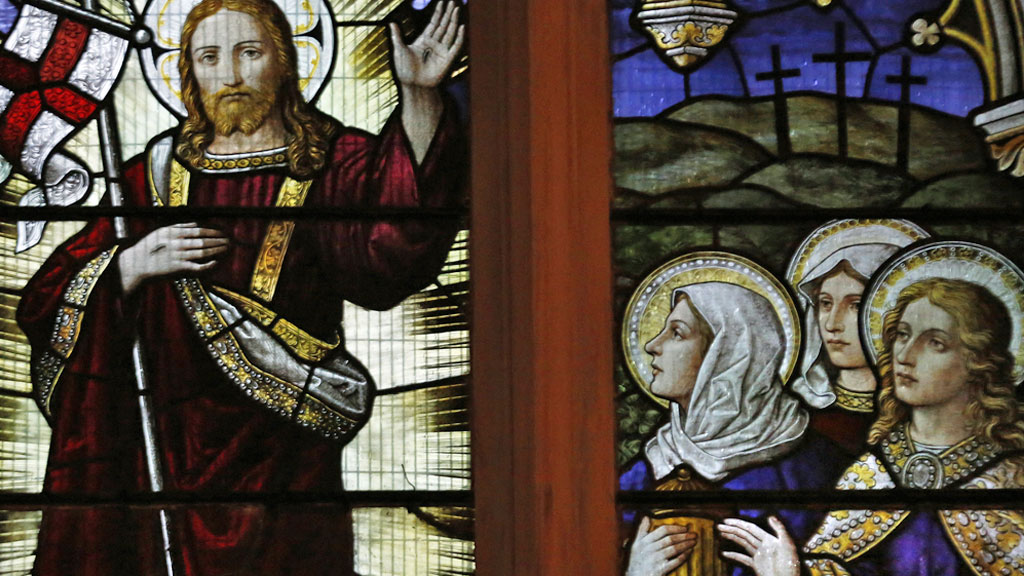Church could vote again on women bishops
Talks over the introduction of women bishops should restart next year, according to one of the Church of England’s senior bodies.

The Church of England will move to re-launch the bid to admit women bishops at the next available opportunity in July, it has been announced.
Last week’s narrow vote in the general Synod against the appointment of women as bishops plunged the church into a constitutional crisis.
A “substantial amount of time” was spent by the Archbishops’ Council debating the contentious issue at a two-day meeting, and they have now recommended it is brought before the next Synod in July.
A number of council members have commented on the deep degree of sadness and shock they felt as a result of the defeated vote and called for of the need to affirm all women serving the Church in their ministries.
The council has decided that a process to admit women to the episcopate must be restarted at the next meeting of the General Synod and that the church must resolve the matter as a matter of urgency.
A statement explained that: “The council therefore recommended that the House of Bishops, during its meeting in a fortnight’s time, put in place a clear process for discussions in the new year.”
Labour leader Ed Miliband claimed on Tuesday that the Church of England will continue to appear divorced from the modern world until it allows women bishops.
Leaked memo
The secretary general to the General Synod, William Fittall, has said steps must be taken by July to consecrate women bishops and vote them through by 2015 or the Church could risk having the matter being taken out of its hands by Parliament.
In a memo leaked to The Times Mr Fittall claimed the decision had badly damaged the Church of England and described a “sense of shock”.
The document is addressed to members of the Archbishops’ Council, made up of the archbishops of Canterbury and York and leading clergy and lay people.
The Times reported that Mr Fittall wrote the memo within days of the last week’s vote, which saw the legislation carried in the General Synod houses of bishops and clergy but fail by six votes to achieve the two-thirds majority in the house of laity.
Mr Fittall has reportedly outlined a new plan that could lead to simpler legislation, including a clause to consecrate women bishops with no provision for opponents.